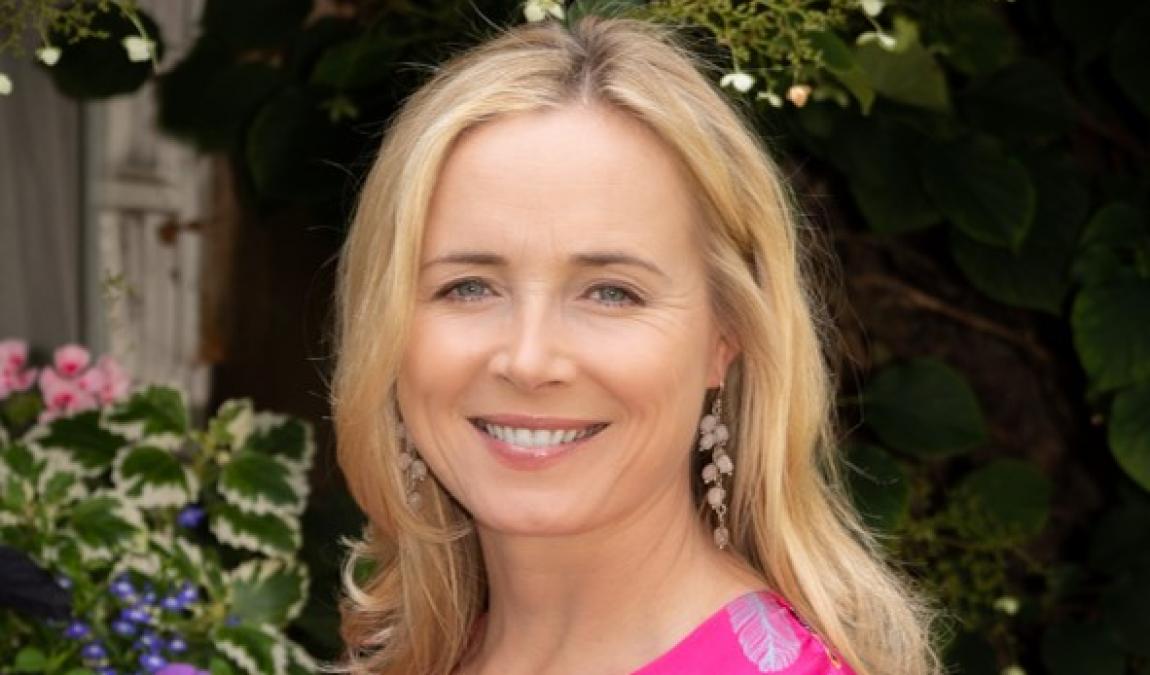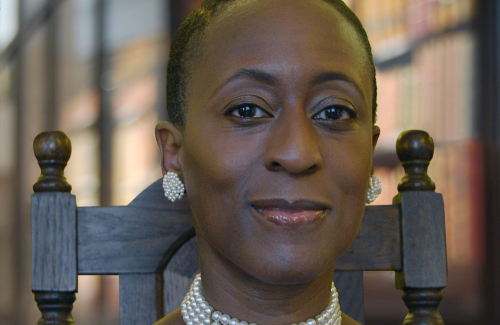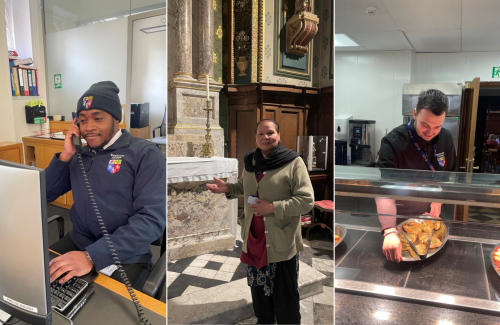More Pembroke news
40 Years Of Women: Katie Razzall
NEWS |
This is the second article in our 40 Years of Women series, throughout which we seek to recognise some of our distinguished alumnae from a variety of fields.
Katie Razzall (1989, Philosophy and Modern Languages) is an award-winning British investigative journalist and television news presenter. She covers social affairs and politics, and has reported on many of the iconic events in recent UK history including Brexit and the Grenfell Tower fire. In 2014, BBC Newsnight hired Katie as its Special Correspondent and in 2019 she was promoted to UK Editor. Before her move to the BBC, Katie was a Presenter, Reporter and Producer at Channel 4 News for 15 years. She reported on the 2004 Asian tsunami from Sri Lanka where she was on honeymoon and was the first TV journalist to reach the devastated city of Hambantota.
Q. What was your first career break in journalism?
My first official break was getting onto the ITN traineeship. My real break was probably in 2003, covering the harrowing trial of a woman accused of killing three of her babies. It should never have got to court; the jury took just a few minutes to clear her. She then gave me and Jon Snow her only TV interview which was a real coup, as it was a celebrated case. When I asked her why, she said it was because, in the courtroom during the trial, I hadn’t seemed like other reporters. It was a lesson in how important empathy is.
Q. How have modern languages contributed to your career?
A. I work with talented producers now who speak 3 or 4 languages and it opens doors, especially when a story is breaking. I do use my French, but as UK Editor, it’s less useful than if I were a foreign correspondent. I last used it for work in Reunion in 2018, reporting on the scandal of children effectively stolen from the island to repatriate parts of rural France.
Q. Have there been times when being a woman has made reporting challenging?
A. I would say those occasions are far less frequent that the times it has helped to be a woman. Whether it’s in a crowd of men who are angry at being labelled far right, or trying to get people to open up about something that has happened to them, being a woman can sometimes help diffuse or ameliorate a situation. Journalism is often about building up trust so people might agree to talk and I have found contributors often respond well to me. I can’t say whether that is because I’m a woman.
Q. A favourite memory from Pembroke?
A. My favourite memory of Pembroke is of a place that no longer exists: the named pigeonholes on the left wall as you walked in to college. This was before email or mobile phones, and those pigeonholes were your lifeline to fun, whether an arrangement for tea, a gig, a party. The thrill of seeing something poking out from the pigeonhole with my name on it is a memory I’ll always cherish.


